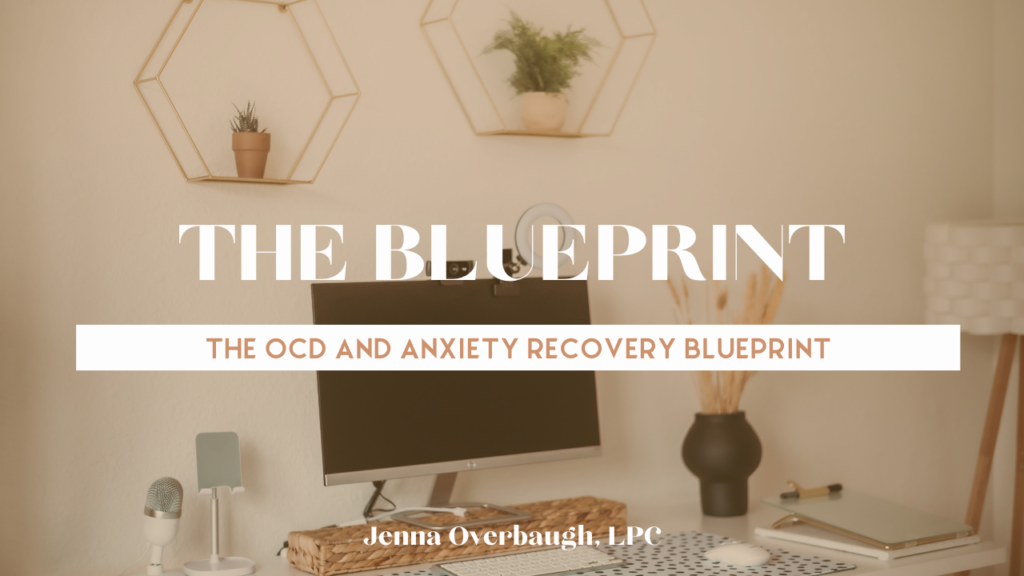When diving into the realm of mental health, certain conditions stand out for their frequent misdiagnosis. One such condition is Obsessive-Compulsive Disorder (OCD). Understanding why OCD is so frequently misdiagnosed [link to podcast] can provide clarity for those seeking help and for the broader mental health community.
The Complexity of OCD Symptoms
OCD isn’t merely about handwashing or wanting things in a particular order. It’s a complex disorder with a wide range of manifestations. [link to podcast]
- Varied Obsessions and Compulsions: While popular culture might focus on cleanliness or orderliness, OCD can present itself in myriad ways – from fears of harming oneself or others to intrusive thoughts about religion or morality.
- Co-occurrence with Other Conditions: Often, OCD symptoms overlap with other disorders, such as anxiety or depression, leading to potential OCD misdiagnosis.
Common Reasons for OCD Misdiagnosis
- Lack of Training: Many clinicians are not adequately trained in the subtleties of OCD, leading them to diagnose based on more generalized anxiety symptoms.
- Societal Misunderstandings: Media and society’s portrayal of OCD can be narrow, leading individuals to think their symptoms aren’t “typical” OCD and, therefore, not seeking the right help. This can lead to OCD Misdiagnosis.
- Silent Suffering: Many with OCD are adept at hiding their compulsions or might not recognize their obsessions as symptomatic of a larger issue, leading to underreporting.
The Importance of Accurate Diagnosis
An accurate diagnosis is the cornerstone of effective treatment. Therapeutic strategies like Exposure and Response Prevention (ERP) [link to podcast] and Acceptance and Commitment Therapy (ACT) are specially tailored for OCD, setting them apart from generic interventions. Misdiagnosis can delay individuals from receiving the specialized help they truly need.
Dive Deeper with the OCD and Anxiety Recovery Blueprint
For those navigating the challenges of OCD and anxiety, precise understanding and tailored strategies are vital. My digital course, “The OCD and Anxiety Recovery Blueprint”, provides a deep dive into evidence-based approaches designed specifically for these conditions. If you’re open to embarking on a path of informed recovery, this course is your go-to resource. Take the step today.
Resources for Your OCD and Anxiety Recovery
To learn more about OCD and anxiety recovery strategies and resources, visit my website at www.jennaoverbaughlpc.com. Here you can find additional support and guidance.
Want more content like this? Check out some of my related podcasts and The OCD and Anxiety Recovery Blueprint below.

DISCLAIMER: Please keep in mind that Jenna is not your therapist. She does not provide you with individualized recommendations or advice. The information provided is intended as educational information only. Jenna cannot tell you what you should do, what you shouldn’t do, or give recommendations based on your unique situations or circumstances. Nothing on this page or Site should be construed as therapeutic recommendation or personalized advice.
If you are in need of such services, please consult with a physician or other medical provider right away to determine the best course of action for you. We are not responsible for your use of this page, this website, or the contents within. NEVER DISREGARD PROFESSIONAL MEDICAL ADVICE OR DELAY SEEKING MEDICAL TREATMENT BECAUSE OF SOMETHING YOU READ OR ACCESSED THROUGH THIS WEBSITE AND CONTENT. For more information, please read the Terms and Conditions, Privacy Policy, and Disclaimer. Your continued use of this platform, this page, and the contents within constitutes as your agreement with this agreement.
© 2023 Jenna Overbaugh, LLC, All Rights Reserved
most popular episodes
Love my podcast?
Episode 112: Postpartum OCD and False Memory OCD
Imagine how in depth I can go in an online course. Instantly downloadable and game-changing. Take the next step towards an amazing life.